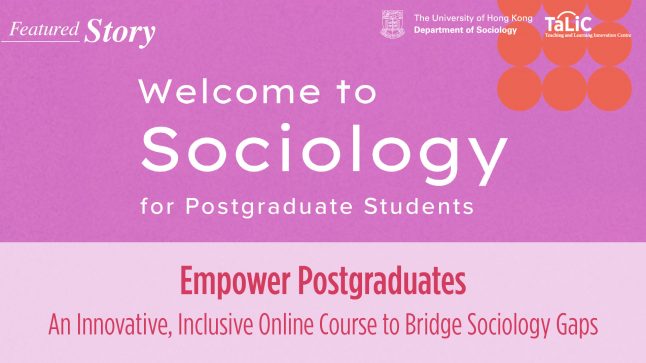
Every publicly funded college in the UK has its teaching, learning and assessment capabilities reviewed by a team from the Quality Assurance Agency (QAA) at least once every six years.
Institutions submit a self-evaluation to QAA. The universities are expected to be self-critical, and they should highlight their strengths and point to any innovations that they are particularly proud of. A student written submission from the students’ union is also required. In addition, the reviewers also study reviews by other external bodies, and supporting materials that the universities provide before they book their initial visit.
Alison Blackburn, head of academic quality and standards at the University of Central Lancashire who has taken part in 10 QAA reviews, said, “We choose the meetings based on how the institution has profiled itself. The process respects their individuality.” The process is not about catching institutions out, but the reviewers expect the initial briefing document provided by the institution has to be self-critical. “The QAA guidance leads them to discuss problems and issues and work out possible resolutions,” Blackburn said. “It’s about advancement for the whole sector.”








